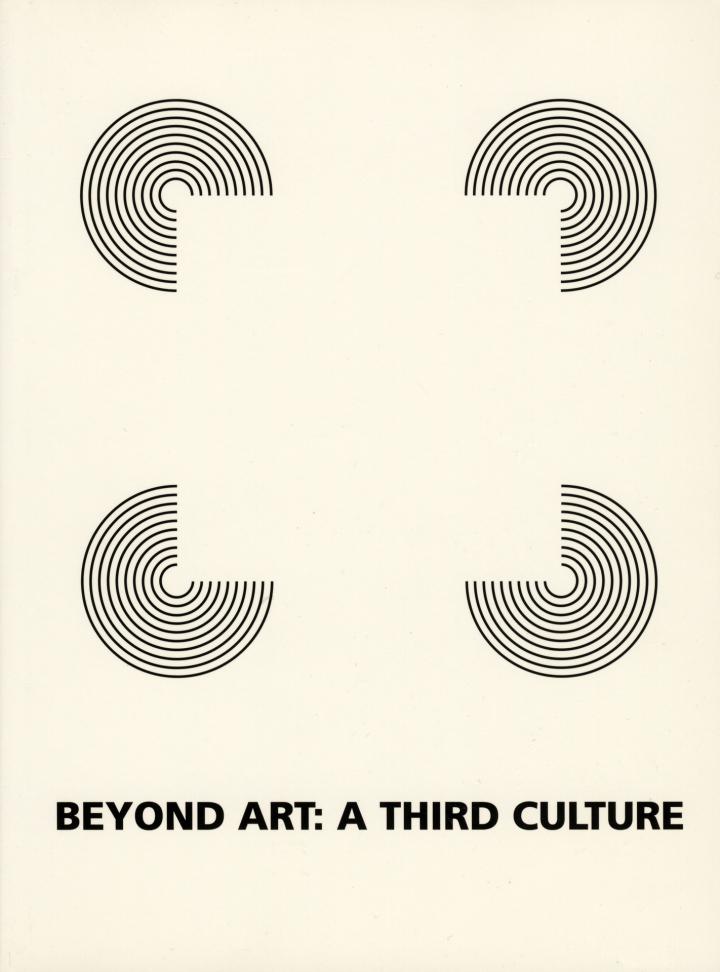Jan-Kyrre Berg Olsen, Evan Selinger, Søren Riis (eds.): New Waves in Philosophy of Technology (2009)
Filed under book | Tags: · ethics, hermeneutics, phenomenology, philosophy, philosophy of technology, posthumanism, technology

The volume advances research in the philosophy of technology by introducing contributors who have an acute sense of how to get beyond or reframe the epistemic, ontological and normative limitations that currently limit the fields of philosophy of technology and science and technology studies.
Publisher Palgrave Macmillan, 2009
New Waves in Philosophy series
ISBN 0230220002, 9780230220003
384 pages
PDF (updated on 2012-8-3)
Comment (0)Larry Hickman: Philosophical Tools for Technological Culture. Putting Pragmatism to Work (2001)
Filed under book | Tags: · critical theory, philosophy, philosophy of technology, politics, pragmatism, technological determinism, technology, technoscience

A practical and comprehensive appraisal of the value of philosophy in today’s technological culture.
Philosophical Tools for Technological Culture contends that technology—a defining mark of contemporary culture—should be a legitimate concern of philosophers. Larry A. Hickman contests the perception that philosophy is little more than a narrow academic discipline and that philosophical discourse is merely redescription of the ancient past. Drawing inspiration from John Dewey, one of America’s greatest public philosophers, Hickman validates the role of philosophers as cultural critics and reformers in the broadest sense. Hickman situates Dewey’s critique of technological culture within the debates of 20th-century Western philosophy by engaging the work of Richard Rorty, Albert Borgmann, Jacques Ellul, Walter Benjamin, Jürgen Habermas, and Martin Heidegger, among others. Pushing beyond their philosophical concerns, Hickman designs and assembles a set of philosophical tools to cope with technological culture in a new century. His pragmatic treatment of current themes—such as technology and its relationship to the arts, technosciences and technocrats, the role of the media in education, and the meaning of democracy and community life in an age dominated by technology—reveals that philosophy possesses powerful tools for cultural renewal. This original, timely, and accessible work will be of interest to readers seeking a deeper understanding of the meanings and consequences of technology in today’s world.
Publisher Indiana University Press, 2001
The Indiana Series in the Philosophy of Technology
ISBN 0253338697, 9780253338693
215 pages
PDF (updated on 2013-6-3)
Comment (1)Peter Weibel (ed.): Beyond Art: A Third Culture. A Comparative Study in Cultures, Art and Science in 20th Century Austria and Hungary (2005)
Filed under book | Tags: · art, art and science, art history, austria, computer art, conceptual art, cybernetics, history of science, hungary, mathematics, media art, philosophy, psychoanalysis, technology

“Austria and Hungary in the 20th century were nations that made enormous achievements in the formal sciences and arts: abstraction, logic, mathematics, physics, positivism, psychoanalysis, cybernetics, constructivism, economics, art, media art, and concept art. Art and science are usually divided into two different cultures, and nations, too, are seen as having separate ones. This book delivers a new model of consilience and convergence of art and science by closely studying in a material historical way by using a multitude of original papers and contributions, photographs, documents, bibliographies, biographies, and survey essays, the mutual influence of art and science in Austria and Hungary. In fields ranging from Gestalt psychology to Quantum physics, from constructivism to theories of vision, from holography to cyberspace, we discover a multitude of ideas, books, movements and personalities that have deeply influenced the world. Richly illustrated, the book is a nearly invaluable sourcebook, in which a new method, resembling more a CD-ROM narration than a dictionary, has been used to map an unknown horizon of knowledge. Those involved in the history of science or art and in the field of cultural theory, will find an incomparable frame of reference and information. They will discover not only genius, talents and themes they have not been aware of, but also a new model of culture, a third culture. The book is graphically and structurally user-friendly with a synopsis for each chapter, models, diagrams, images, corolaries and index etc.”
Publisher Springer, Vienna, 2005
ISBN 3211245626, 9783211245620
616 pages
PDF (40 MB, updated on 2019-10-30)
Comments (2)
